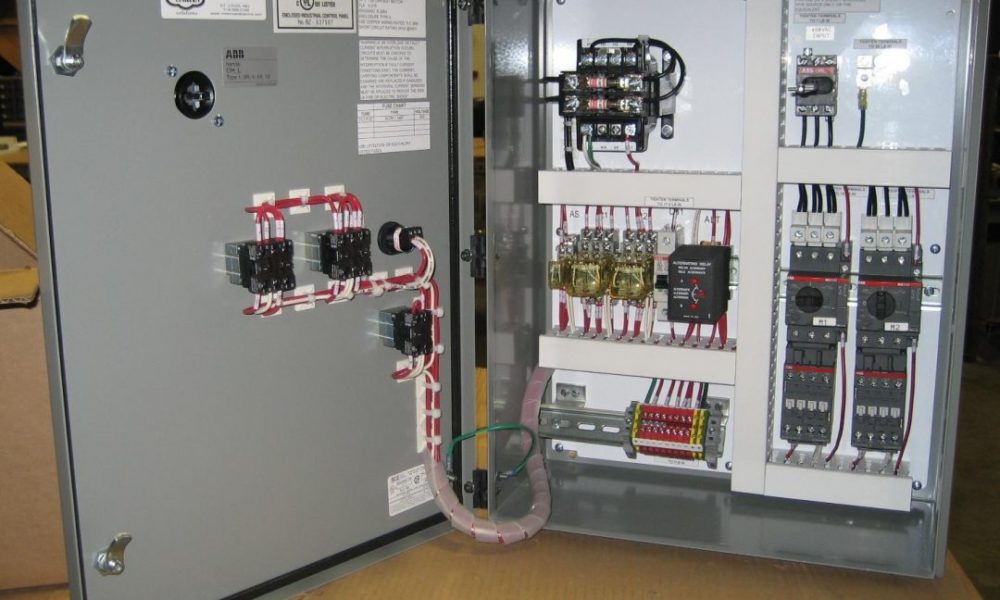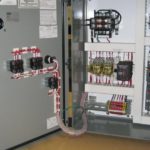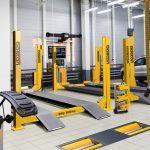Automation, PLC Programming, PLC Instruction In Automotive Industry
Plc In Automotive IndustryWith the rise in technological advancements in the bid to boost automotive manufacturing, automation options are necessary to increase the productivity in the automotive business, specifically in parts manufacturing. In the automotive market, when the production model changed, the handle technique had to change. This involved hours of tedious work that only very trained engineers could achieve. Programmable logic controllers (PLCs) created the constant rewiring of manage panels — which could include thousands of hard-wired relays, motor-driven timers and rotary sequencers — for each new production model obsolete. Today, manufacturers from each and every business have turned to this technology to automate a selection of industrial processes.
PLCs may incorporate logic for single-variable feedback analog control loop, a proportional, integral, derivative (PID) controller A PID loop could be employed to manage the temperature of a manufacturing method, for instance. Historically PLCs have been normally configured with only … READ MORE >>>








